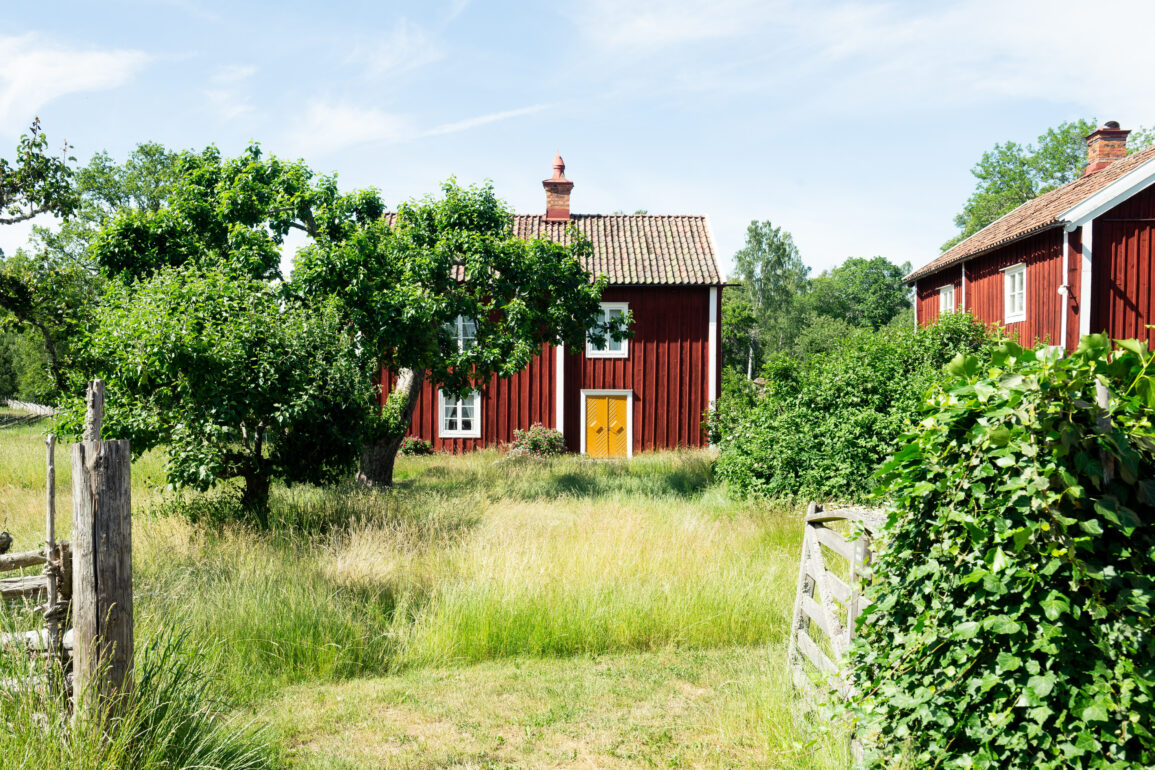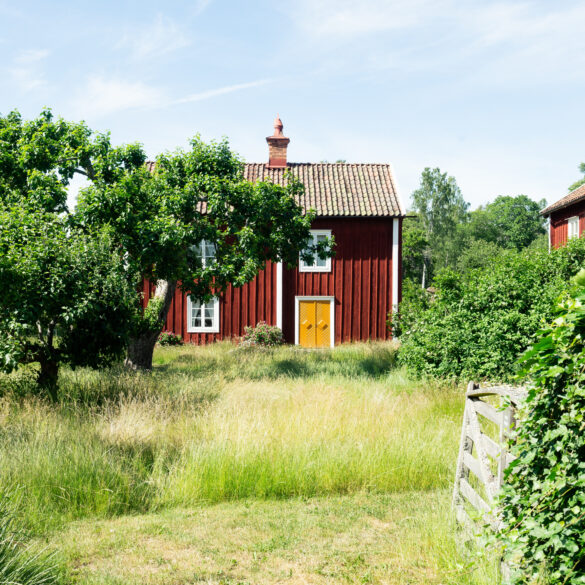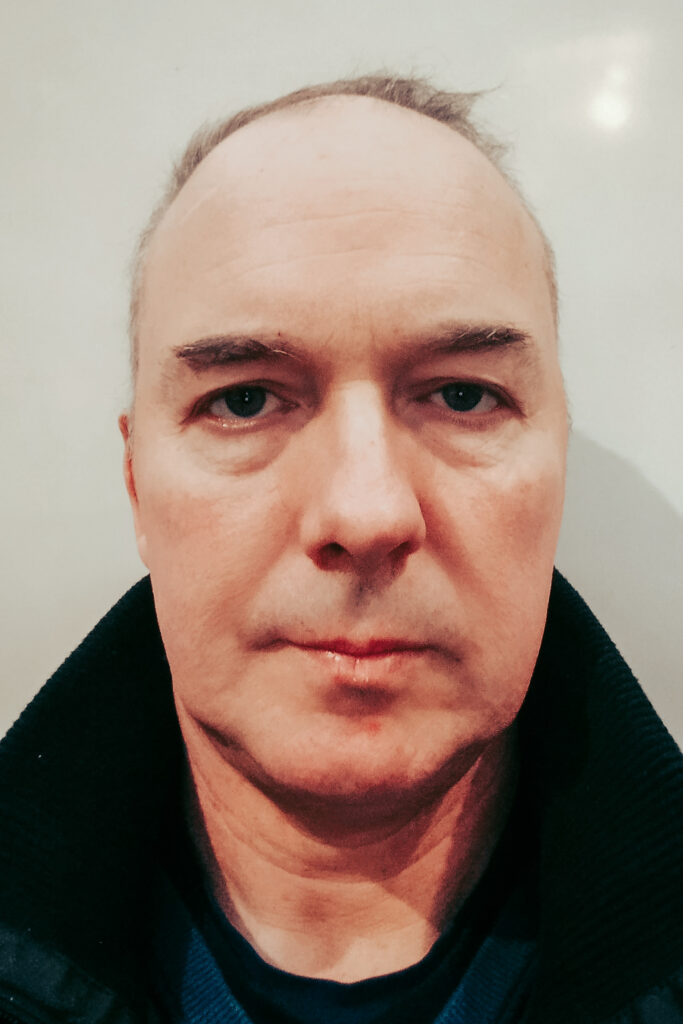In this area of Sweden, rural folk generally believe that a house is for living in, not an investment for capital gain. As a result, country houses are generally cheaper than expected. Good news!
THINGS TO KNOW BEFOREHAND
Anyone can buy a house in Norrland, but not everybody can live here. Although there are no restrictions on foreigners buying property in Sweden, if you’re not already living in Sweden permanently, get clued up on your immigration and visa eligibility at Migrationsverket.se – especially if you’re not an EU national.
Most people live in smaller settlements with good amenities. One of the advantages of life in Norrland is that public services are of a very high standard, and most areas of Skellefteå have access to super-fast fibre broadband. Combine this excellent infrastructure with relatively inexpensive property prices and you have a very attractive and unusual combination. In northern Sweden, urban living is still close to nature, and a 20-minute drive to a city centre is considered “close”. Keep in mind that houses outside cities are usually considerably cheaper than their urban counterparts.
THE BUYING PROCESS
Begin your search by joining the ‘Secrets of cheap rural property in Sweden’ Facebook group where you’ll get handpicked listings. It’s also a useful place to meet like-minded people, and get advice from those who’ve bought property here before. It’s not uncommon to find rural properties for as low as 100,000 SEK; they might even have land and outbuildings but will be in need of a makeover. 1,000,000 SEK will buy you something immediately liveable. The best property website is Hemnet.se, but Blocket.se or Face- book Marketplace are great if you want to buy directly from the seller. Use the search function to look for something called ‘fastighet’, which is buying your house outright, on your own land. Put simply: research, research, research!
CONSIDER A MORTGAGE
In terms of financing your property, in Sweden you can’t borrow more than 85% of the property’s value. If you’re taking out a mortgage, you’ll be expected to pay a 15% deposit. Your monthly repayments will also include the 1.5% stamp duty tax plus an 825 SEK admin fee, and the pant- brev (mortgage deed) at 0.95%.
You should also obtain a written loan commitment from your bank prior to buying.
CONTACT THE ESTATE AGENT
The best way to arrange a viewing with an estate agent? Send them a text or call them directly. Swedes are not fast at responding to emails, so find a property you like, call the agent, and organise a viewing. Estate agents are regulated by law. It’s their obligation to safeguard the interests of the seller and the buyer, which is why solicitors are rarely used in Sweden for property purchases.
Open viewings are common, which means you should declare your interest as soon as possible to avoid disappointment.
MAKE A BID
Bidding on a house is relatively com- mon and the best way to do it is by sending a text. Yes, really!
The price can be higher or lower than the asking price, and a bid is not legally binding until the purchase agreement has been signed by both buyer and seller.
INSPECT THE PROPERTY THOROUGHLY
As a buyer, you have a duty to in- vestigate the property before purcha- sing. In Sweden, it’s very bad form to leave a residence in an uninhabitable state, so white goods such as cookers, fridges, freezers and washing machi- nes are usually included by the seller.
In Norrland, maintenance costs can be particularly costly during the long winters. Check the basics thoroughly; such as water boilers, pipes, and local sewage disposal. You may also want to hire an independent building sur- veyor to avoid any nasty surprises or expensive labour costs.
It doesn’t hurt to ask around the neighbourhood, to find out any vital info.
SIGN CONTRACTS AND PAY THE DEPOSIT
Once your bid has been accepted, you then meet with the estate agent and the seller to sign the contracts. You must then pay a 15% down payment on the property. Now you’re really close to owning a Swedish house. Not far to go now…
RECEIVE THE KEYS TO YOUR PROPERTY
Before you receive the keys, complete a final inspection of the property. The rest of the money is transferred to the seller at the bank, and you will sign a contract of sale (köpebrev) that proves you are the legal owner. The bank will use this contract to send in an application for land registration in your name. Within a couple of weeks you’ll receive the sale contract, and verification that you are now the registered owner.
Congratulations!
3 tips from someone who’s done it before – Phil Royal
1. Solicitors are not necessary
for the house-buying process, as you can buy a house sitting at the kitchen table with forms printed off the internet. But it might be best to pay an estate agent to help complete the paperwork for you to avoid any problems.
2. Pre-sale surveys are uncommon, especially for cash purchases – ask the estate agent if the house you are buying needs a survey.
3. Heating costs will be a major expense. Try to buy a house with a variety of heating methods, such as air pump, wood heating, electric water-filled radiators etc., so you have a choice if one method breaks down. Also look out for houses with geothermal heating – this is very economical. Shop around for electricity prices – try elskling.se. It will make a difference.





